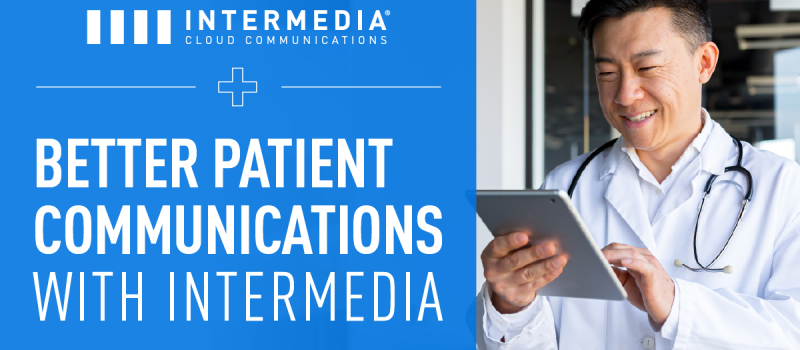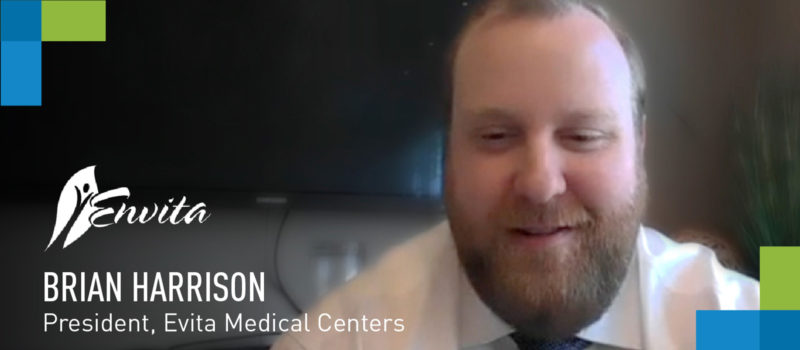Electronic health records should always make accessing and sharing patient data easier. However, as the technology has become more prolific, this is a challenge without advanced healthcare data archiving solutions.
Unfortunately, poorly integrated data systems are causing physicians to spend roughly half the workday completing EHRs instead of tending to patients. Without practical solutions, the problem will only increase as digital data in healthcare organizations grows exponentially.
A major step in the right direction is using an intuitive and compliant platform. Learn how cloud-based healthcare data archiving solutions can make working with your EHRs as easy as you and your patients deserve.

Key Takeaways:
- Cloud healthcare data archiving is the best way to back up your EHRs securely for easy retrieval.
- Proper archiving protects you from compliance failures and sudden organizational changes.
- You can implement cloud-based archiving solutions without disrupting patient care or incurring burdensome costs.
What Are Healthcare Data Archiving Solutions?
Healthcare data archiving solutions transfer EHRs and other records from obsolete storage services to a more user-friendly platform. These solutions allow medical professionals to provide a reliable long-term solution for saving and retrieving patient data while complying with regulations.
It’s important to understand that archiving is much more than data backup. Backup is a basic storage option that can meet compliance but doesn’t consider long-term retrieval needs.
Think of it this way: “Backup” can apply to any system that holds your data somewhere for safekeeping. This is comparable to stacking physical records neatly in a safe or hiding them in boxes. However, how easy would it be to find a single record among the stacks later? This option is only a short-term measure at best.
This is where healthcare data archiving solutions come in. Such a platform is like an advanced filing system for your EHRs. However, your data is even more secure and easier to access with cloud-based software.
What Benefits Do Cloud-Based Healthcare Data Archiving Solutions Provide?
Archiving allows you to eliminate many everyday worries about using and storing EHRs.
Regulatory Compliance and World-Class Security
A primary concern is compliance with the Health Insurance Portability and Accountability Act. Many organizations leave their EHRs in legacy systems because, on the surface, it’s the easy way to stay compliant. Transferring data to another platform might seem like more trouble than it’s worth.
In truth, using an aging system could defeat what you’re trying to accomplish. An outdated system is vulnerable by default, and you could face millions in fines once you have to deal with a breach.
With cloud healthcare data archiving solutions, compliance is easier than ever. Your provider ensures that you meet all regulatory criteria so you can focus on serving your patients.

Easy Access
What good are your EHRs if you can’t readily use them because they’re in a legacy system that few on your team understand? A cheap backup option doesn’t resolve this issue because it only utilizes simple data conversion without proper formatting or management.
As a result, many of your records likely won’t be compatible with your new system, making record retrieval tedious. In contrast, data archiving formats and manages your records so anyone with authorization can easily access and use them across communications platforms.
Future-Proof Service
What do you do if the physician managing your legacy EHR system suddenly moves away, retires, or dies? With healthcare data archiving solutions, no one has to sacrifice time to figure out the legacy system when an unexpected change happens.
Plus, data archival presents a vendor-neutral solution. Consequently, you aren’t dependent on any one EHR company’s decisions or existence to keep your system operable. You never lose support or have to worry about a vendor sunsetting a piece of software.
Cost-Efficient Solutions
Your initial investment and any upfront costs quickly show benefits as you no longer have to worry about maintaining or paying the recurring costs for legacy systems that offer little usefulness. Cloud services instantly decrease your storage, hardware, and software expenses.
Furthermore, 24/7 security and total compliance reduce the risk of penalties for violations. Implementing a user-friendly system that integrates into your communications software will also lower training costs.
Higher Productivity
Reclaim much of the time you used to spend entering or locating data with a secure virtual assistant. Conversational interactions make it easier than ever to find what you’re looking for in your system for increased operational efficiency. Another advantage of AI in your healthcare data archiving solutions is that it can analyze your data to provide valuable insights.
Additionally, cloud software integrations improve your telemedicine and virtual healthcare services. Toggling between apps to find a record when a patient calls also increases your team’s efficiency. Integrating your EHR platforms into your contact center and business phone system means you can have those records instantly appear on your screen when a patient calls.

Better Patient Care
Most importantly, all of these benefits translate into better care for your patients. With more time and resources for personal interactions, you can deliver the treatment and attention your patients deserve.
Are You Ready To Experience How Healthcare Data Archiving Solutions Can Make Your Life Easier?
When you use advanced healthcare data archiving solutions, you equip your team to deliver your patients the highest standard of care. For a service that integrates seamlessly with your existing EHR and communications platforms, contact us to learn more about Intermedia Healthcare Solutions.
April 30, 2024
Explore other posts on these topics: Healthcare




